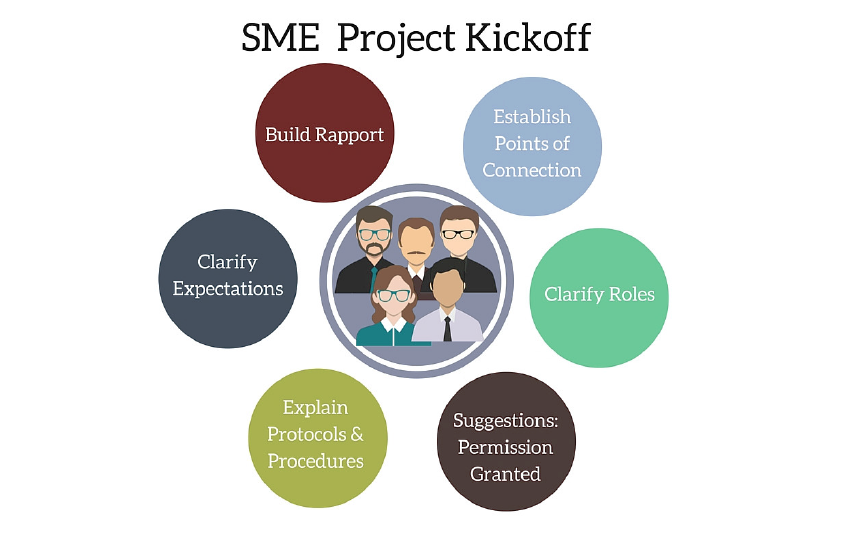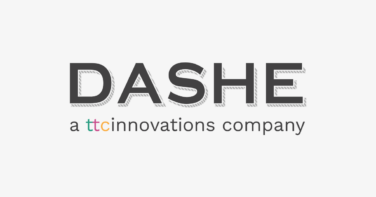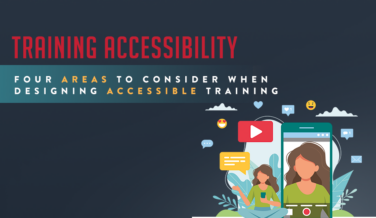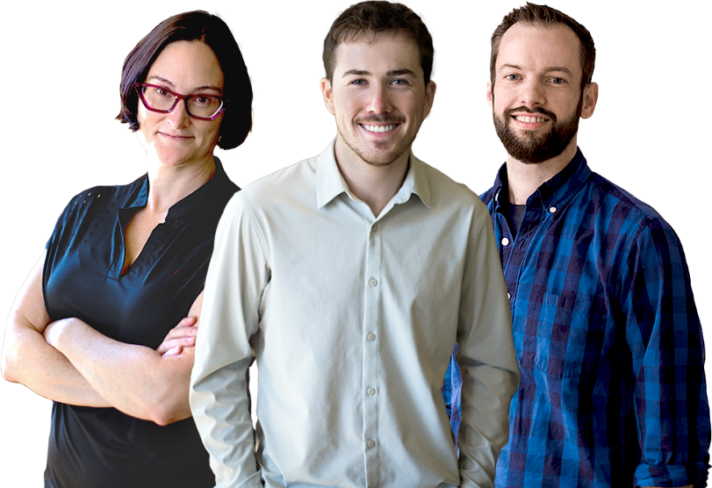How To Work With Subject Matter Experts
By: Andrea May, Fiona Quigley, and Dawn Mahoney
A solid relationship with your subject matter experts vital to your training project success. Kick off your project well at the beginning of your working relationship and the rest of the process will progress more smoothly. Here are six keys points to remember to get your project started on the right foot.

1. Build Rapport
Do this early—as in, immediately. Ask questions that aren’t of a deeply personal nature, but that convey your interest in getting to know your SME as an individual person. And, keep the momentum going throughout the life of the project. Having a solid working relationship is helpful when challenges arise. (And they always do!)
2. Establish Point of Connection
Working with SMEs is easier the better you know them. As part of getting to know them and the rest of your project team, learn about their interests, and who they are away from work. Topics like favorite foods, sports teams, hobbies, or kids when you see pictures – all help with this.
3. Clarify Expectations
Ask your SME to clarify theirs first. Dates, deadlines, outcomes, format, etc. Ask clarifying questions and take good notes. When you have no more questions and have reiterated all key items, clarify your expectations. Keep it light, keep it simple, and in their terminology, not “instructional designer/developer speak.”
4. Clarify Roles
In addition to completing the project(s) on time and budget, your role is to make your SME(s) look good. To this end, ask them to explain, in detail, exactly who is to be involved in the project. This detail includes roles within the organization, their team, etc.
5. Explain Protocols & Procedures
Address how you’ll communicate with each other and members of the project team. Who has final authority? Who will be signing off? Lay out the workflow. Use business terms, not “instructional designer/developer speak.
6. Suggestions: Permissions Granted
Let your SME(s) know their suggestions are valid and will be considered. Ask your SME for their ideas first. Listen. Take notes. Validate their choices and when appropriate, suggest variations and insert “have you thought about…” to get the wheels churning.

Ask More And Better Questions
As strategic partners, we must be skilled at asking good questions, listening, and differentiating between the needs of our customers. Open-ended and high-gain questions will yield better content from your SME. Here’s how.
Closed vs. Open
Closed-Ended Questions: one word, yes, no, or short phrase is the only response required
- Confirm facts
- Used to open a conversation
- Easy to answer
- Questioner keeps control of the conversation
Open-Ended Questions: requires a response that is more than yes, no, or a few words
- Used to gather details
- Requires pause, think, reflect before responding
- Invites dialogue
- Sometimes provided in the form of a statement that requires a response
- Questioner hands control of the conversation over to the Responder
Low-Gain vs. High-Gain
Low-Gain Questions: surface information that is not new information or details that move the dialogue forward
- Quick response
- Straightforward responses that clarify
- Confirms or denies
High-Gain Questions: actively seek information that furthers an inquiry, or dialogue, with additional insight and details
- Fosters collaboration for problem-solving
- Reduces the potential for defensiveness toward suggestions or new and different ideas
- Reveals thoughts that help to clarify what is to happen next
- Provides opportunity for critical thinking
Examples
Closed-Ended Questions
- Are we meeting today?
- Have you established a budget for this project?
- Will we know when the project has reached a successful conclusion?
- How many people will be involved with our work together?
- Did you like the preliminary draft we provided?
- Are you ready to get started?
Open-Ended Questions
- Who will be meeting with us today?
- How will we know the project is successful?
- How might the work we did last time be improved upon?
- What are the most pressing needs of your team, right now?
- How do you define success?
- Tell me about the relationship you have with your supervisor.
- How did you choose that response?
Low Gain Questions
- We completed the first phase of the needs assessment, with this team a few months ago. Why are we going to work with this team again?
- How many people will be involved in the project this time?
- Does the team understand what is involved with working on this project?
- Is the team open to continuing our work together?
High Gain Questions
- How does the work of this team contribute to the overall goals of the project?
- Describe in detail what is getting in the way of our achieving results?
- How will your team benefit from our completing this project on time?
- What is the impact of our not achieving the goals set before us?
- How will we measure success?
More Types of Questions
Initial Impressions & Getting To Know
- If you had only one minute with someone, what three things would you tell them about this job?
- How did you learn about this topic? Where do you go to learn more?
- What do you wish someone would have told you when you were learning?
- What would it cost the organization if no one learns this material or learns it badly?
- Who is really good at this job? What makes them so good at it?
- If you had it to do it again, what would you do differently in this job to help you learn more effectively?
- What kind of things did you find difficult? How did you overcome them?
- What are the most common mistakes people make in this role? What is the impact of those mistakes?
The Details
- Please give me an example of… <some of the skills being covered>
- Tell me a story about….
- Describe a typical day in the life of someone….
- Talk me through a scenario when you….
- What key decisions do you make when you are doing the job well?
- Talk me through them and explain each step.
Focus In
- What has been your best success todate?
- How did it happen?
- What is the worst mistake you believe you’ve made? What do you think led to it and how did you recover?
- Once you knew how to do the job, how do you get better at it?
- Who did you learn the most from?
- Why is this the person you learned most from? How did you both manage to do this successfully?
In Conclusion
Working effectively with subject matter experts is absolutely critical for instructional designers and learning professionals who want to be successful. We simply cannot do our jobs without them. SMEs bring the content to life and provide both relevance and context. By recognizing each of the seven SME archetypes, and adjusting your approach to knowledge gathering and communication appropriately, you will accomplish your project goals more quickly while enjoying a more productive working relationship.
About The Authors:
Andrea May: Andrea has 20 years of experience consulting, designing, developing, and delivering customized training programs for large organizations.
Fiona Quigley: Fiona is a story seeker and collector, as she believes everyone has story that others might learn from. She applies her “geek” tendencies and skill with learning technologies at LogicEarth, based in Northern Ireland.
Dawn Mahoney: Dawn has 20+ years experiences designing and facilitating learning. Learning In The White Space, LLC is a presentation, instructional design and facilitation consultancy.
Continue reading

Dashe joins ttcInnovations
Learn More
Embracing the Future: Early Adopters of Generative AI for Learning
Learn More
Four Areas To Consider When Designing Accessible Training
Learn MoreCommitted to
finding solutions

